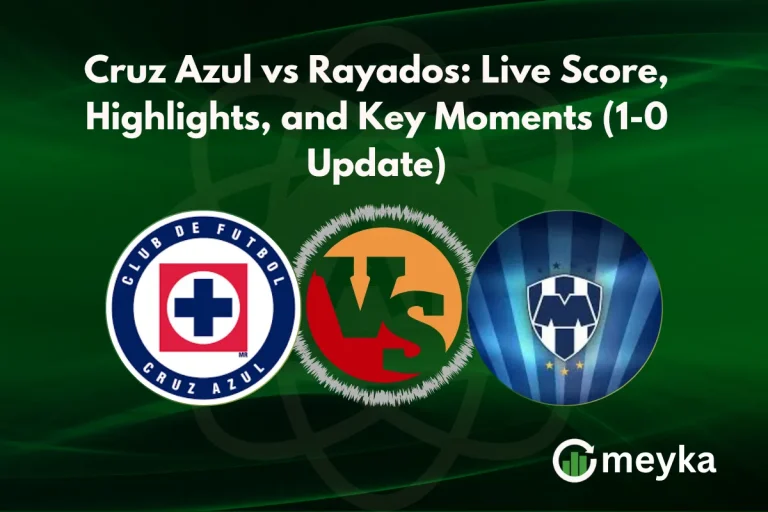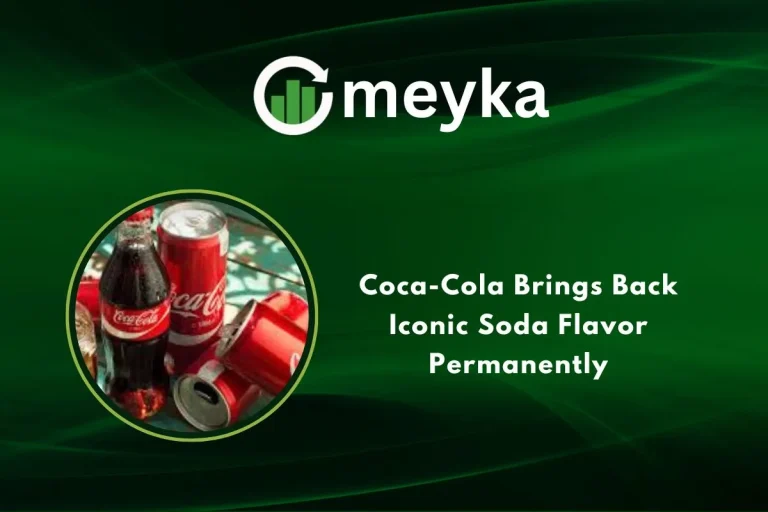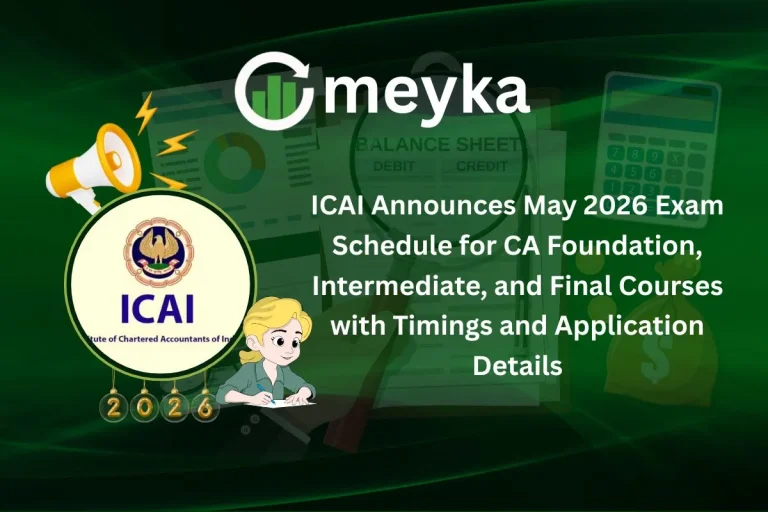CNG Disruption India: Mumbai Autos, Taxis, and BEST Buses Face Major Impact Today
Mumbai is grappling with a major CNG disruption that’s thrown its transport system into chaos. A key GAIL pipeline inside the Rashtriya Chemicals and Fertilisers (RCF) compound has been damaged, cutting off supply to Mahanagar Gas Limited’s (MGL) City Gate Station in Wadala. As a result, hundreds of autos, taxis, and even some public buses are unable to refuel. For many commuters, Monday morning felt like a commute crisis, with waiting, price surges, and fewer vehicles on the road. We will explain what’s really going on, why it’s happening, and what the fallout means for everyday life in Mumbai.
Continue Reading on Meyka
This article is available in full on our main platform. Get access to complete analysis, stock insights, and more.
Read Full Article →





